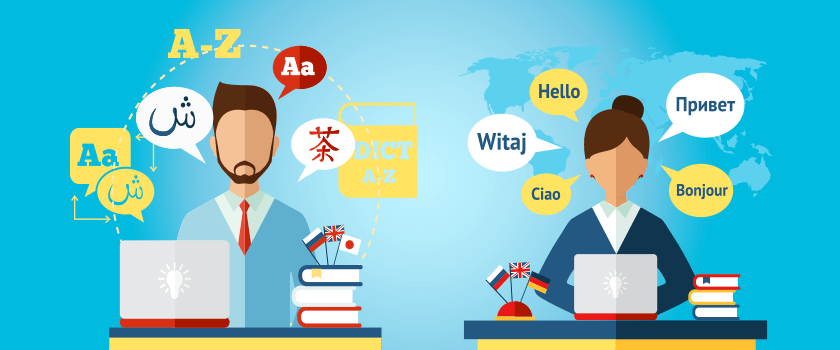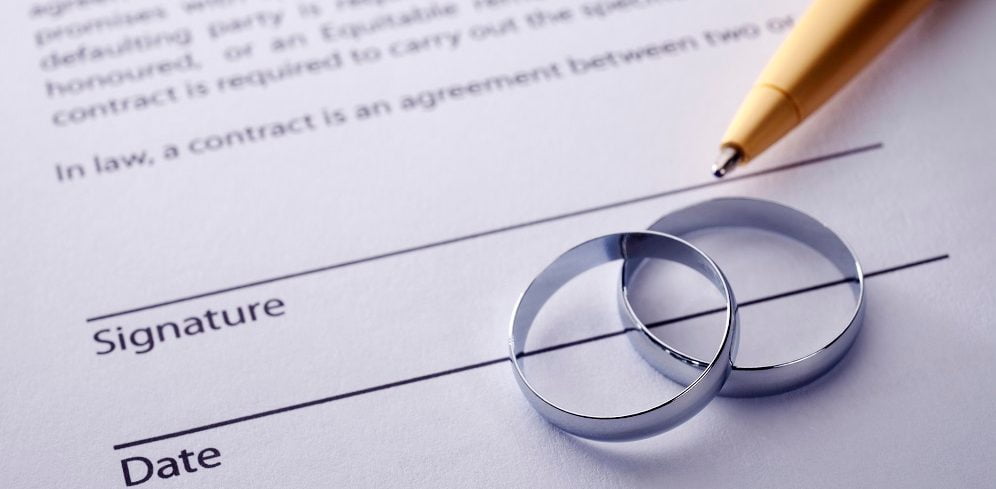The healthcare system of Dubai is constructed through the international standards, the advanced medical technology, and a representative population of the healthcare professionals. The requirement to have correct Arabic medical translation has increased tremendously as thousands of doctors, nurses, pharmacists and allied health specialists move to Dubai every few years. Regardless of the kind of exams the professionals are minding or credentials some government official documents, a tight translation is the key to approvals. DHA of Dubai and the Ministry of Health and Prevention (MOH) in the UAE both demonstrate an obligation to ensure that the Arabic translations are certified and accurate in order to ensure that the messages remain clear, consistent, and within legal limits. Such translations are directly related to making sure that healthcare providers do not have any delays and complications when the requirement of the licensing comes up.
A Requirement of Arabic Translation in Dubai as a licensing requirement
The healthcare professionals applying to DHA or MOH licenses should provide a range of documents, such as medical degrees, transcripts, good standing certificates, experience letters, training certifications, and exam results. Since the UAE is an Arabic speaking country, most of these documents have to be translated into Arabic before they can be looked into by regulatory bodies. It is not a language translation task- regulators want translations to be certified, valid in law and in terms of professional terms.
A proper translation assists authorities to ascertain credentials in a short period of time and avoid inaccurate translation which may influence the approval of a candidate. Even small discrepancies of names or mistranslations of work titles, medical terminology or dates can be the cause of concern leading to delay or resubmission. Certified Arabic medical translation helps the company to ensure that all documents to be presented will have the approval of DHA, MOH, and other licensing authorities of the United Arab Emirates, facilitating the credentialing process and making it more efficient.
The Use of Certified Translators in DHA / MOH Documentation
Certified translators are in the frontline position with regards to the translation of proper licensing documents. Certified versions provided by translators which are accepted by DHA and MOH can only be given by approved translation centres by the UAE Ministry of Justice. These translations need to be properly formatted, stamped and a certificate of accuracy should be provided to show that the document is the reflection of the original content.
The translators who are certified also understand the medical term used in keeping the healthcare records. They ensure that the terminologies applied in the translation of medical specialties, training modules, residence record or statement of clinical experience are equivalent with that of the UAE authorities. This keeps away the possibility of misinterpretation especially on issues of complex medical fields such as cardiology, orthopaedics, anaesthesiology or radiology. An untrained translator would not understand the meaning of abbreviation, or clinical job or procedure terminologies and this would disrupt when licensing is being assessed. Such problems can be prevented by licensed professionals, who make sure that no mistake is made in any of the aspects.
The importance of Accuracy in Clinical and Regulatory Settings.
Proper Arabic medical translation is not just beneficial to the process of licensing, it is also useful in the context of ensuring safety and compliance during the larger healthcare landscape in Dubai. Availability of the misinterpretation of the role or qualification of a specialist can be correspondingly regulatory in one of the spheres where control over people and the safety of patients are its major priority. Licensing authorities use translations to ensure that professionals are appropriately educated as well as legally qualified to work in UAE.
Furthermore, in the multi-lingual context of Dubai, it could be considered that in order to support effective communication among the staff, hospitals, insurers, and government, proper translation must be used. Be it the translating documents of continuing education, clinical training or professional assessments; accuracy facilitates both integrity of healthcare system in Dubai. When there is an inaccuracy during the translation process, it would distort experience or expertise, thus creating issues that influence the individual professional as well as the organisation that sponsored his/her application.
Why Translation is Partnering with Medical Tourism and Community Safety
The role of a medical tourism center in the world means that Dubai needs robust regulatory mechanisms. International licensing of professionals enhances the workforce in the healthcare sectors, although, it entails keen authentication of the qualification. Correct Arabic translation will enable the authorities to keep standards high yet international talent in the country.
In the case of institutions, proper translation can be used in recruitment and the hospitals must recruit professionals who are licensed and certified. To the patients, this builds confidence to the healthcare system as they are assured that the doctors and specialists are well-vetted by a process which relies on competent translation. Offering the basic assurance of providing safety to the people as well as contributing to its vision of medical excellence in the world, Dubai can guarantee the proper translation of all licensing documents.
Conclusion
In Dubai, Arabic medical translation is critical to the fulfillment of DHA and MOH licensing conditions. It makes sure that the qualifications are well known, the standards of regulation are maintained and the licensing operation does not involve unnecessary delays. Since Dubai is a destination of healthcare experts in all parts of the globe, there will be a necessity to demand certified, accurate, and medically correct Arabic translations. These translations will promote transparency, protect the health of the population, and enhance the trustworthiness of the Emirates healthcare human resource. Precision in medical translation is not a mere formality in a system that is designed on a platform of trust, but a cornerstone to quality and safe medical care.


